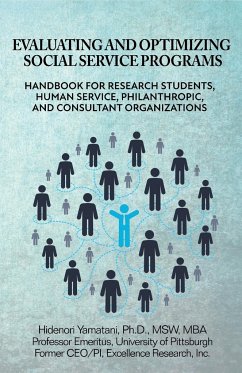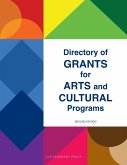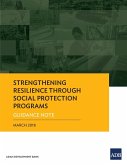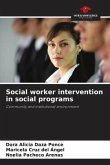Based on my evaluation experience as a principal investigator with more than 30 non-profit organizations, and as an associate dean for research for more than 10 years, it is apparent that evaluation literature needs to be further expanded and updated. What I have learned over the years is that evaluative research needs to include not only traditional process and outcome assessments but also to include assessments of organizational contextual factors. For example, interventions hosted by dedicated, mission-driven case managers and counselors will more than likely produce better client outcome results than those conducted by counterpart organizations filled with "paycheck-driven" members, who appreciate little about the values of their program missions. Thus, when attained outcome findings are poor, without such contextual assessment researchers will not know whether the intervention itself is inappropriate or organizational context is in need of improvement - similar to issuing an "F" grade to a student without offering a valid explanation as to why. Thus, this handbook offers comprehensive guidance on how to conduct initial meetings and planning with organizations, and reviews various assessment methods for program optimization, intervention process, and outcome evaluation (including propensity, benefit equity, risk/odds ratio, cost/benefit, differences-in-differences assessments, and more.) Thus, this succinct handbook is prepared for graduate and doctoral students, human service, philanthropic, and consultant organizations.
Hinweis: Dieser Artikel kann nur an eine deutsche Lieferadresse ausgeliefert werden.
Hinweis: Dieser Artikel kann nur an eine deutsche Lieferadresse ausgeliefert werden.








